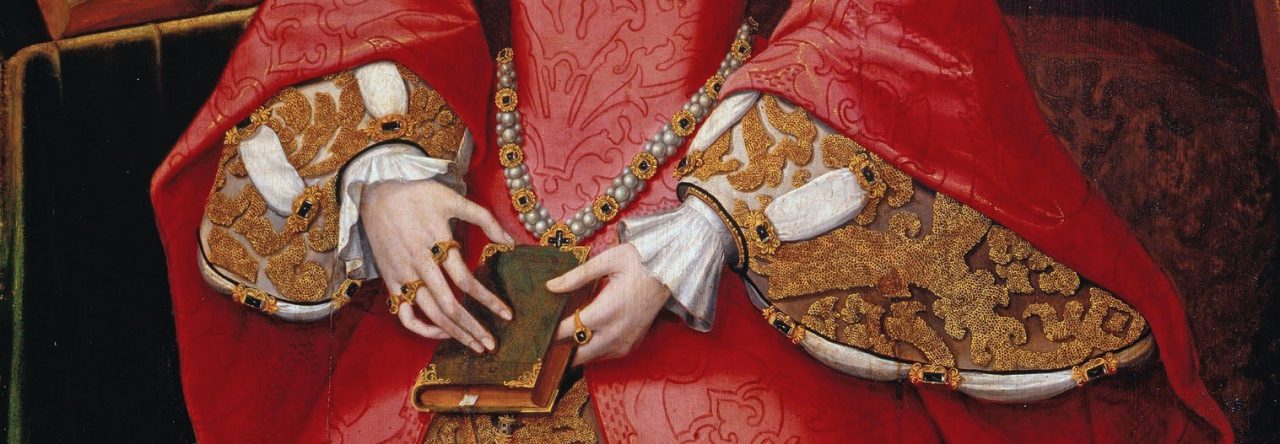


We have only showcased a few books on this website so far that were both owned and written by a woman, and as we have seen in the case of Hannah Woolley, attribution can be problematic. Here is another instance of problematic attribution: a play that has been attributed to Aphra Behn. The Counterfeit Bridegroom, published in 1677, is an adaptation of No Wit, No Help Like a Woman’s (1613) by Thomas Middleton. However, the play was published anonymously and Behn’s authorship has been questioned, and we cannot know if this particular female reader even knew this was perhaps a play by Behn. A woman named Millisent Smith wrote her name twice on a page, once at the very top and once upside down next to the text. The handwriting looks as if it may be that of a young person. The positioning of the writing next to the prologue and the double presence of her name suggests she may have been practicing her signature, a way of claiming ownership that disregards the actual content of the book. It is difficult to date the handwriting, which may well be later than the seventeenth century.
Credit: book in the Boston Public Library collection. Images taken from Early English Playbooks, 1594-1799, reproduced with permission.
